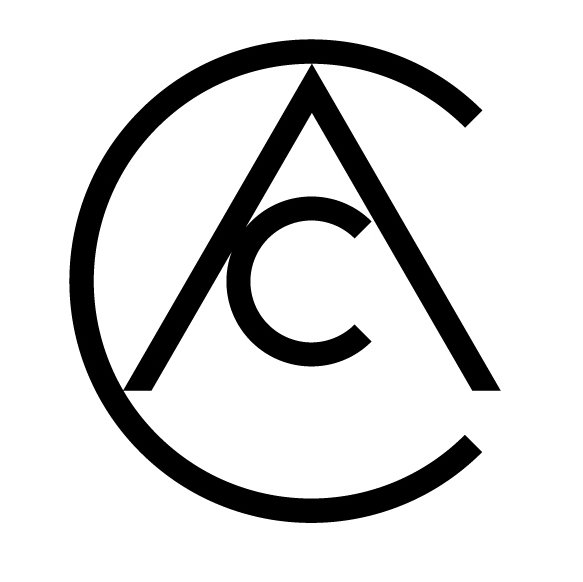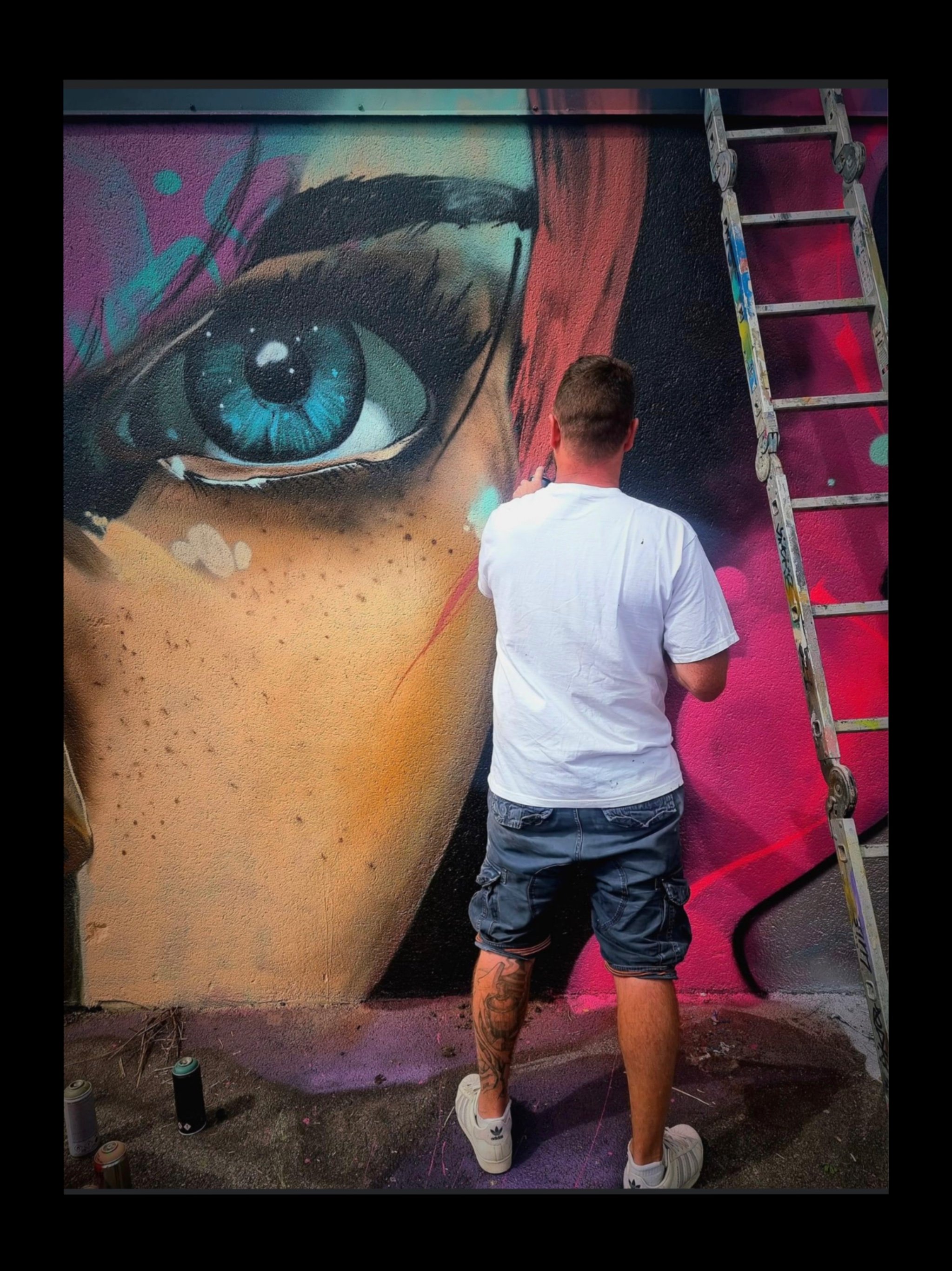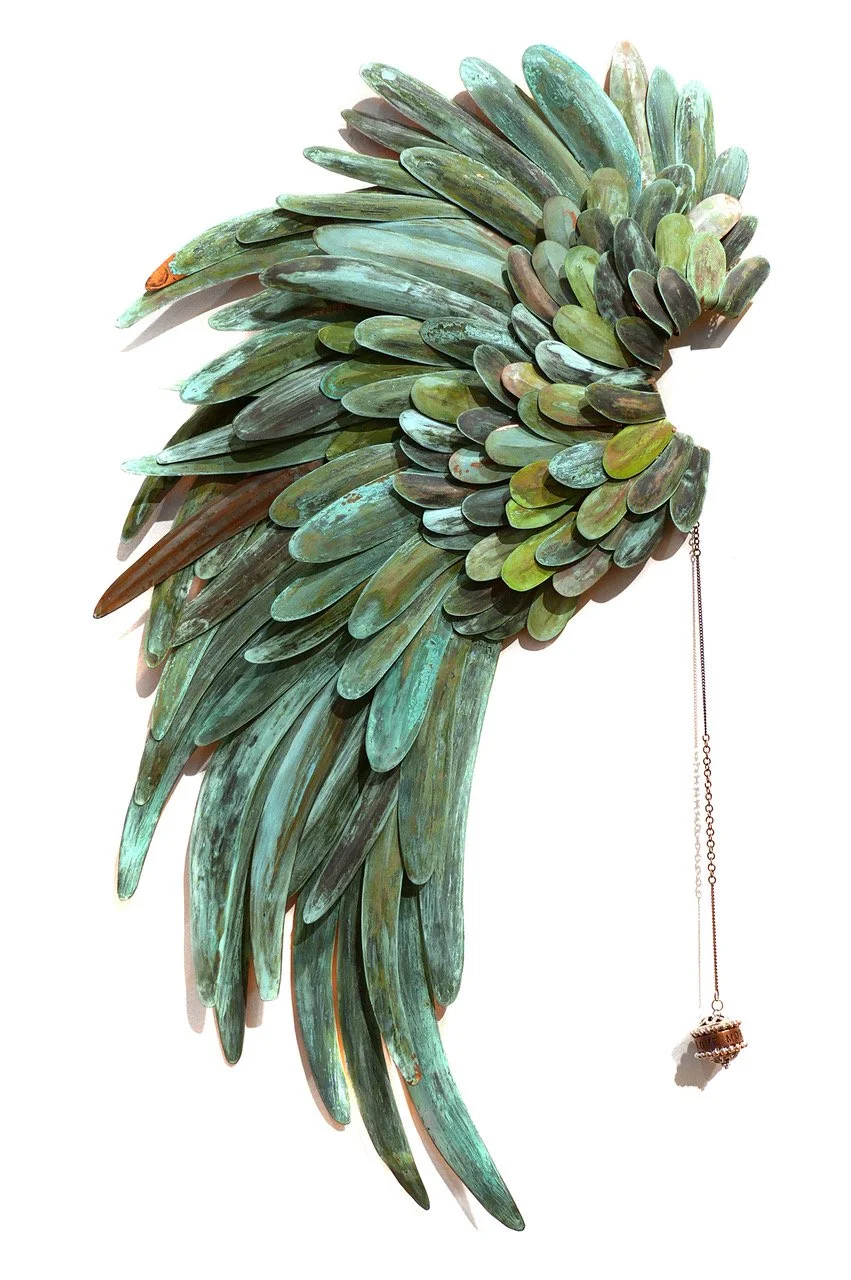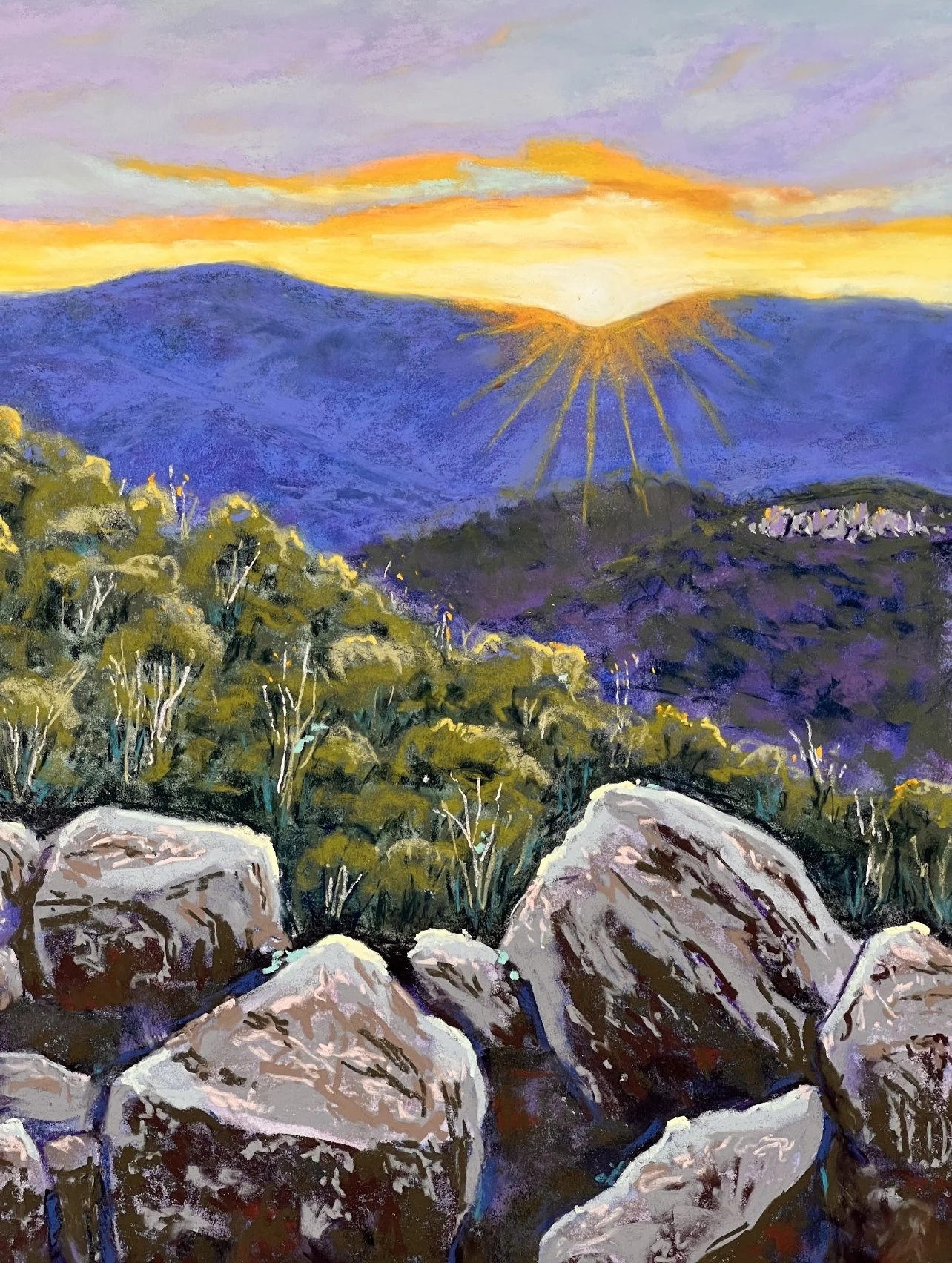Interview with Ynoxe Graffiti
When in your life did you realize that graffiti was your true vocation, and what were your initial influences in the world of urban art?
I delved into graffiti at the age of 16. It was the early 2000s, and the global graffiti scene already had its grand masters. It was also the beginning of magazines, which allowed us to see what was being done in general by going to the newsstand. The explosion of hip-hop in the 90s left its mark on me, and I quickly understood that tagging or even graffiti as a whole would be my thing. I think graffiti took on another dimension when I realized that among all the beginners in my city, I might have been the one with the most ease in evolving. I have always been influenced by graffiti artists who skilfully manipulate the construction of their lettering. Lettering later became a bit of my 'specialty.’
Could you explain your creative process?
How do you transition from an idea to a fully realized graffiti piece, especially when working with Wild style letters? First of all, it's important to know that every graffiti artist searching for their style works a lot on paper. This process was quite beneficial over time because once we master our letters and style, we can approach any theme, especially in collaborative murals. Today, I'm still fascinated by the ease of projection onto a wall that I have with my team. We work without models, just two or three images on the phone. For my works, I now prepare canvases in the studio; I take the time to create a digital visualization on a tablet to save time during execution.
Your work is known for its vibrant use of colour. How do you select your colour palette for each piece, and what does colour signify for you in your artistic expression?
I have indeed always used a lot of colour. The essence of graffiti is to be seen. The competition among graffiti artists has always driven me, and I have always felt that colour brings life and cheerfulness, especially in abandoned places. The real reason I use many colours in my paintings is the proximity of my truck. I always paint with my vehicle full of spray cans. It may seem silly, but a painter who takes the subway far from home with a bag of four cans will eventually be limited. I'm used to being reminded of this during collaborative murals because often the colours are imposed, strict, and especially limited. I don't really like limits…
How has your style evolved since your beginnings in graffiti? Can you identify any specific experiences or influences that have shaped your journey?
Influences are as numerous as are the encounters in this fascinating world of graffiti. The cultural richness of this environment, the mix of social classes, races, or religions makes graffiti a continual source of inspiration, with the sole goal being painting. My evolution is linked to all of this. It's important to know that my beginning in graffiti roughly coincides with my entry into the army. Through my various missions abroad, I witnessed poverty, real violence, and all that comes with it. I emerged from this experience with post-traumatic stress disorder, and in 2015, I left everything to exclusively live off painting. Initially, I used graffiti as a way to forget and escape from all that. First on weekends, then in the evenings... On trains. I needed adrenaline. It was natural for me to seek refuge in painting.
You have experimented with canvas painting, sculpture, and other mediums alongside graffiti. How do these different art forms influence your approach to graffiti, and vice versa?
Canvas painting has the virtue of taking me out of my comfort zone. I quickly believed that painting on canvas was like a scaled-down wall... one needs to take the time to understand the preparation processes, and all of this was new. I am currently preparing for an international contemporary art exhibition for Art Shopping in Biarritz in collaboration with p(art)s Paris, who shapes metals and combines them with my paintings in a splendid manner. I'm looking forward to that date!
What have been the most difficult and rewarding aspects of being a graffiti artist?
The most difficult, if I have to mention one, is the work. It's true, however, that when it's a passion, the concepts of hours no longer exist. The most rewarding part is usually the feedback from people on the streets. I've always liked the fact that graffiti is imposed in the streets, much like advertisements. My approach has always been to impose. If the 25m2 billboard of the latest McDonald's sandwich doesn't bother you, why does my presence bother you? So, I quickly started appropriating walls in my city without prior permission, going to paint during the day, quietly. The bigger, the more it passes. (That being said, this is not applicable in pornography.)
Many artists have a message or a theme they want to communicate through their art. Is there a specific message or impact you hope to achieve with your work?
I think I covered most of this in my previous answer.
Are there any current artists or movements in the urban art scene that inspire you or whom you admire? How do they influence your work?
Being a faithful admirer of well-crafted letters with a beautiful dynamic, I can recognize someone who has a style of their own, very pronounced. I have my references, of course, that I can mention (Trav, Revok, Pose, especially for the Americans), or staying quite patriotic, artists like Reso, Le Mome, Drop... there are so many…
Could you share any upcoming projects or directions you'd like to explore in your future work?
I would like to develop on larger facade projects. Continue my research on other techniques. I have a lot to learn from experienced painters, and my love for graffiti only brings expertise in aerosol spray.
Lastly, what advice would you give to young artists inspired by your journey and wanting to embark on the art of graffiti?
Well, I would explain to them firmly that they are about to enter a world that will bring them much more humanity than that damn iPhone they've been holding onto for hours! It's a milieu that can be dangerous but has a lot to offer. They also need to respect the elders, the codes, and the different rules that all of us respect for everyone's well-being.
That life is about encounters, experiences, and that everything eventually pays off. There are no more talented people than those who work harder than others. In a more general sense, I would tell them to do what they love but fully. "Keep it real!"




















